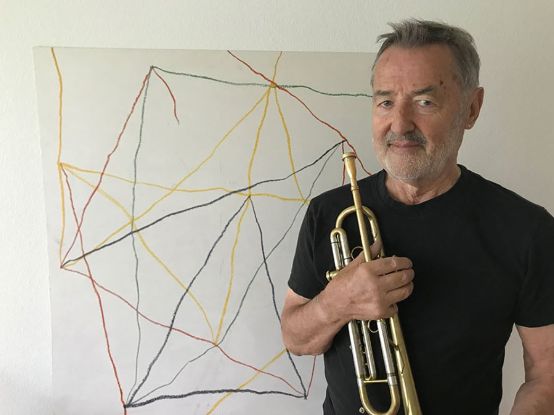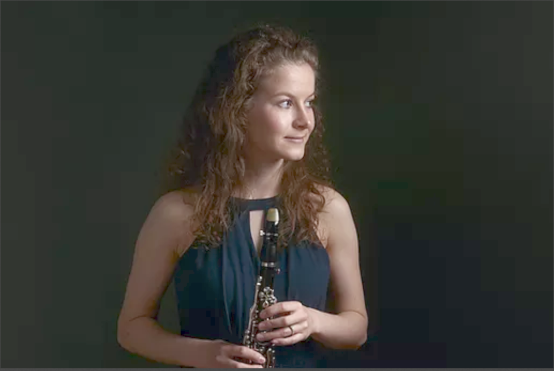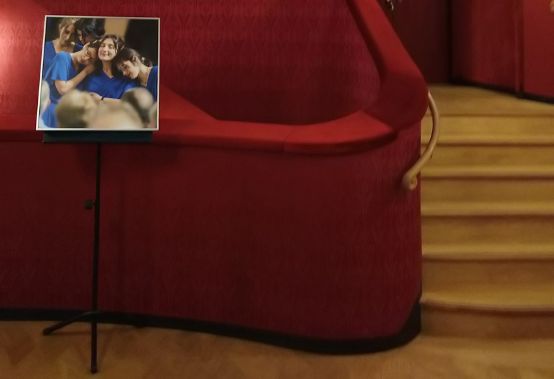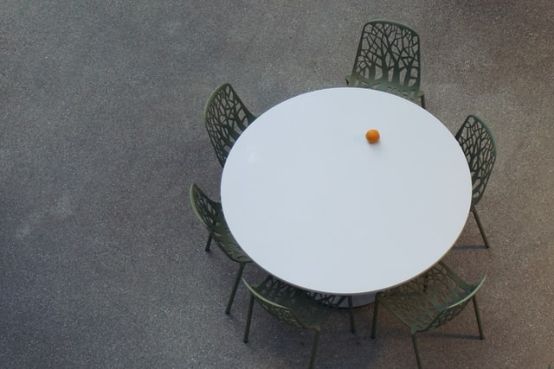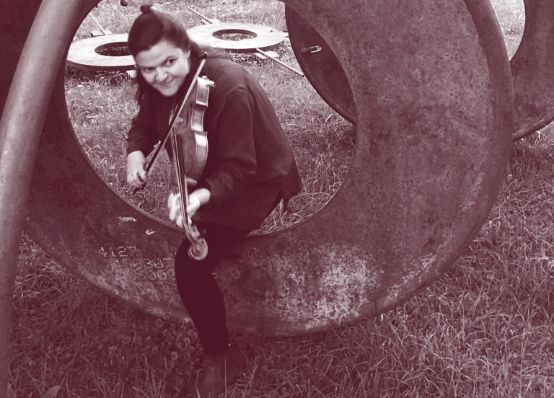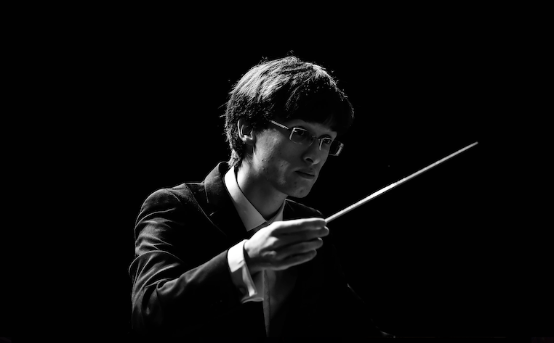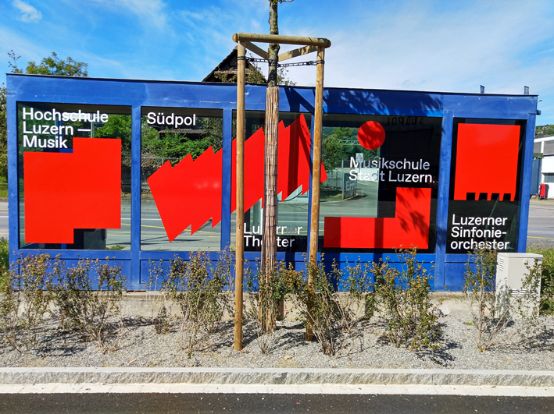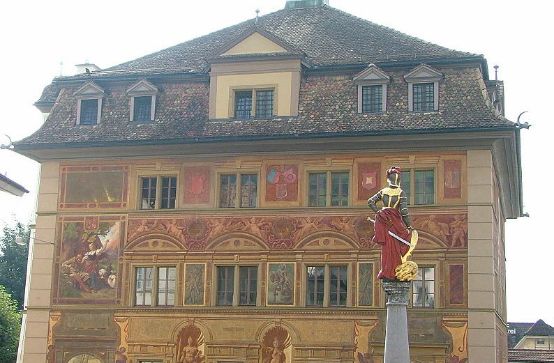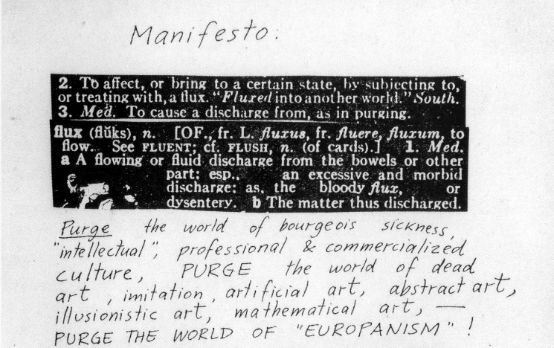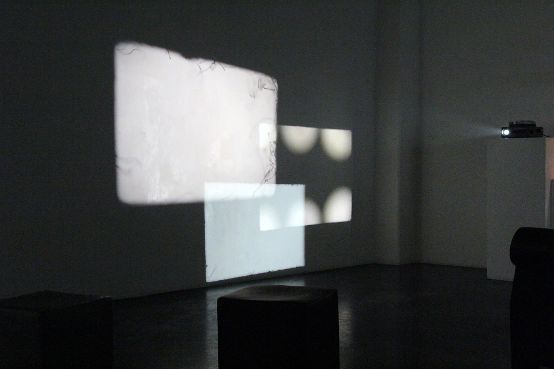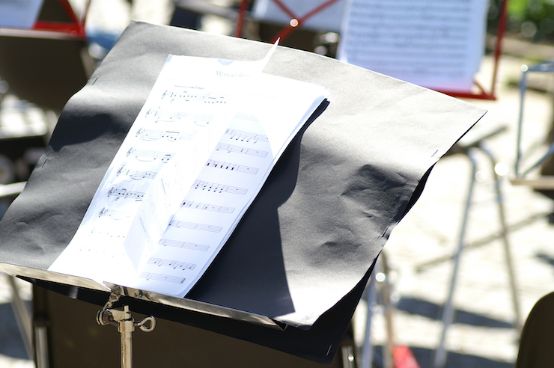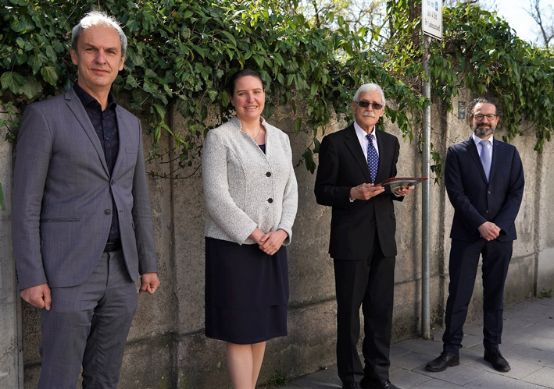Grand Prix music for Stephan Eicher
On the recommendation of the Federal Jury for Music, the Federal Office of Culture is awarding the 2021 Swiss Grand Prix for Music to Stephan Eicher. 14 other musicians will be honored with a Swiss Music Prize.
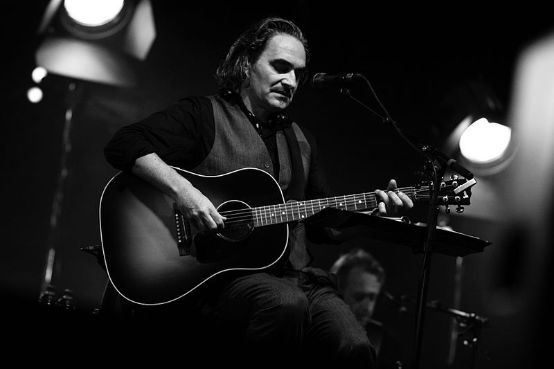
The 14 prizewinners of 2021 are: Alexandre Babel (Geneva), Chiara Banchini (Lugano, TI), Yilian Cañizares, (Havana, Cuba and Lausanne, VD), Viviane Chassot (Zurich, ZH), Tom Gabriel Fischer (Zurich, ZH), Jürg Frey (Aarau, AG), Lionel Friedli (Moutier, BE), Louis Jucker (La Chaux-de-Fonds, NE), Christine Lauterburg (Bern), Roland Moser (Bern), Roli Mosimann (Weinfelden, TG), Conrad Steinmann (Rapperswil, SG), Manuel Troller (Lucerne), Nils Wogram (Braunschweig, D and Zurich).
Stephan Eicher was born in Münchenbuchsee in 1960. He gained his first experience in an electropunk band, the Noise Boys. In 1981, he and his band Grauzone became known in German-speaking countries with the song "Eisbär". His success in France began with the album "Les Chansons Bleues" (1983). Stephan Eicher has released around twenty albums in his career to date, most recently "Homeless Songs" from 2019. In 2021, he will be presenting his project "Das Floss der Unnötigen" on tour.
Every year, the BAK mandates around ten experts from the field of music. They propose candidates from all regions of Switzerland and from all musical genres. Their selection is then submitted to the Federal Jury for Music. In January 2021, the seven members of the jury selected the winner of the Swiss Grand Prix Music and the 14 winners of the Swiss Music Awards. The Swiss Grand Prix Music is endowed with CHF 100,000, the Swiss Music Prizes with CHF 25,000 each.
Photo credits: Eddy Berthier, Brussels / wikimedia commons CC0 1.0






